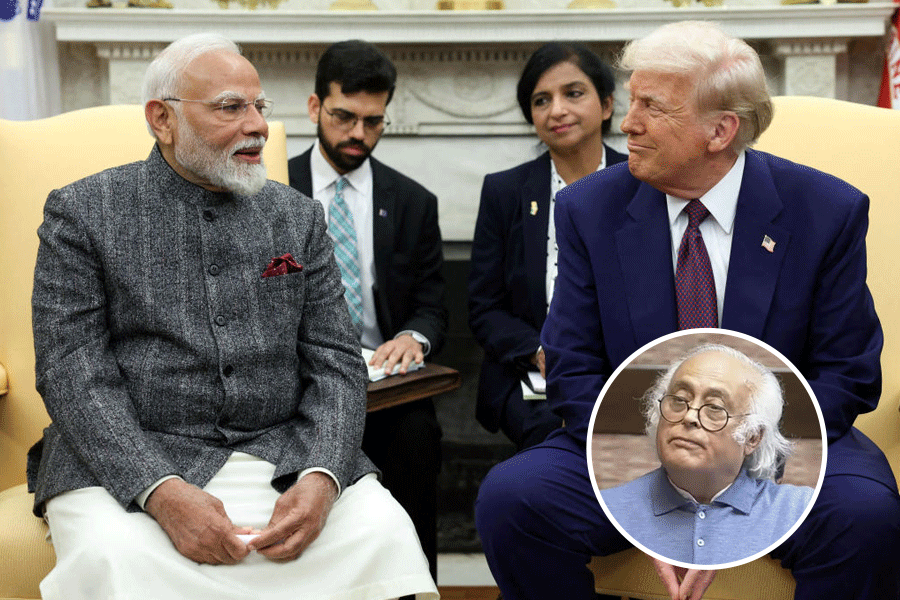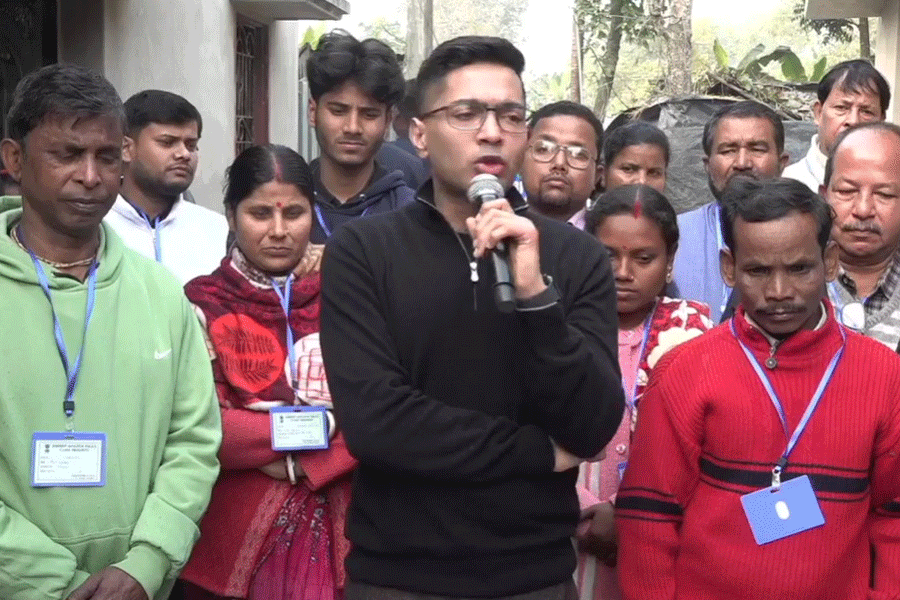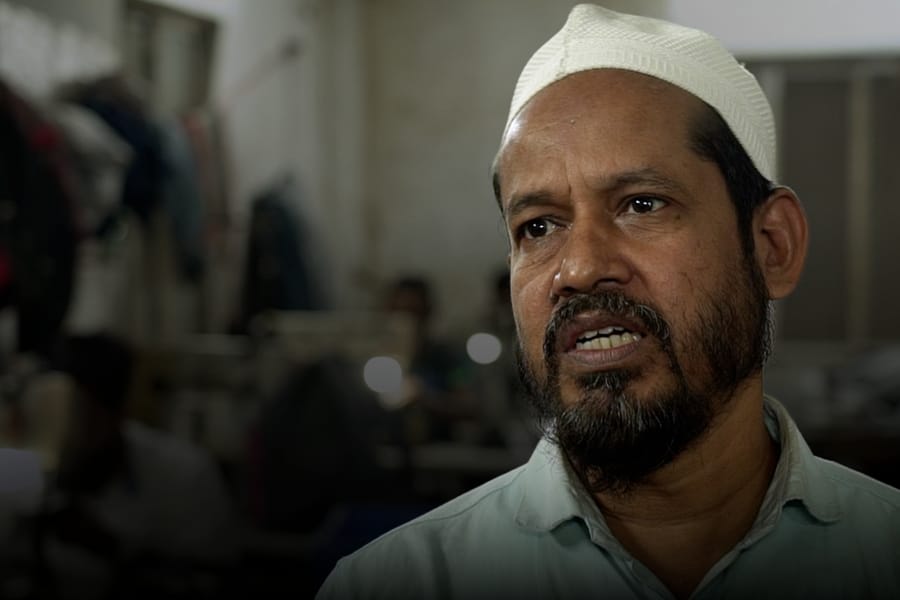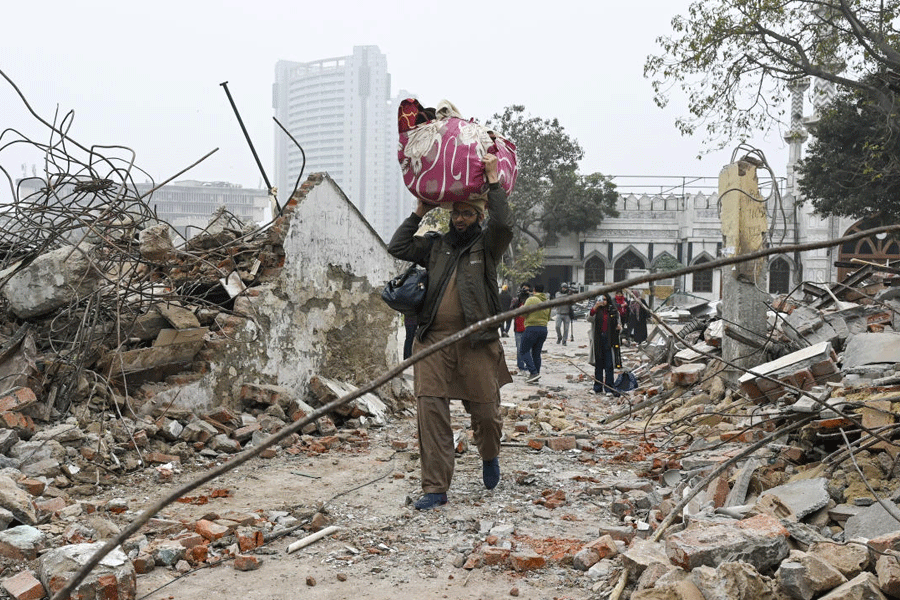The Supreme Court on Tuesday said it could not “micromanage” the country from Delhi, declining to entertain a PIL seeking action against those involved in cow vigilantism, mob violence and lynching.
The top court said its 2018 Tehseen Poonawala judgment, in which it had passed a slew of guidelines, including contempt proceedings, was binding on all courts and authorities in India under Article 141 of the Constitution.
A bench of Justice B.R. Gavai and Justice K. Vinod Chandran said the aggrieved persons could approach the respective high courts and jurisdictional courts for action against violators and plead for compensation.
“When directions are issued by the Supreme Court, they are binding on all courts and authorities in the country under Article 141 of the Constitution. Sitting here in Delhi we cannot be expected to monitor incidents in different areas of different states. In our view, such a micromanagement is not possible,” Justice Gavai, heading the bench, told advocate Nizam Pasha appearing for the petitioner, the National Federation of Indian Women (NFIW).
The NFIW had filed the public interest petition seeking action against "private armies" in at least 13 states who are allegedly empowered by those state governments to conduct searches and seizures on a par with the police machinery against those suspected of smuggling cows.
The advocate did not specify the 13 states but said there had been an alarming increase in lynching and mob violence, particularly against Muslims.
The NFIW wanted the court to examine the validity of the laws and declare them unconstitutional.
Justice Gavai also pointed out that in an earlier case the Supreme Court had declined to pass individual orders on demolitions of unauthorised properties amid charges that the authorities were using bulldozers indiscriminately.
"Every state will have a different situation,” he observed. “In a general or omnibus plea, it will not be proper for this court to test the validity of laws passed by 13 different states."












